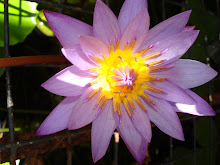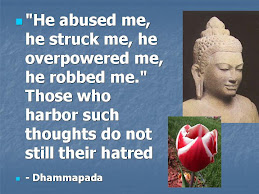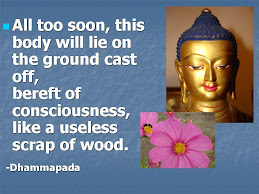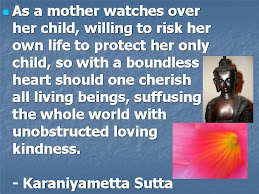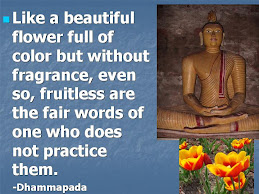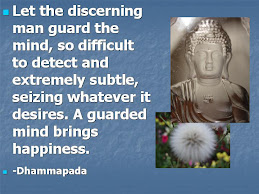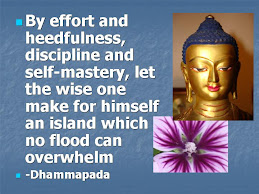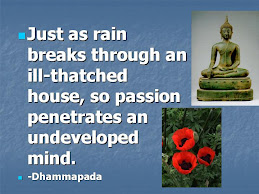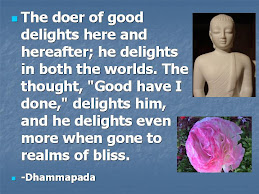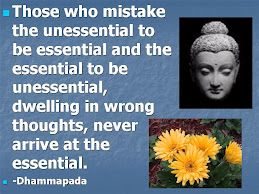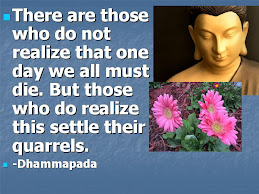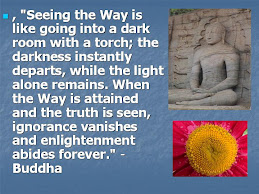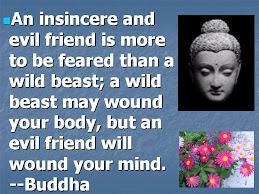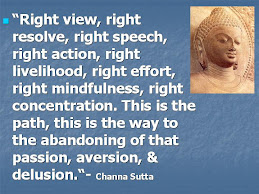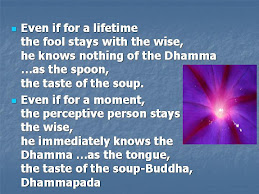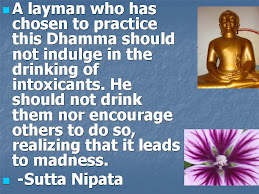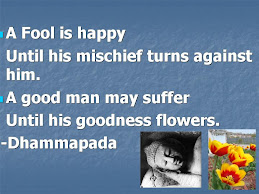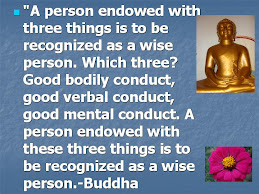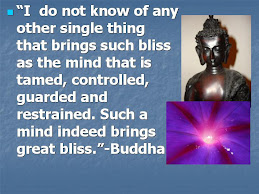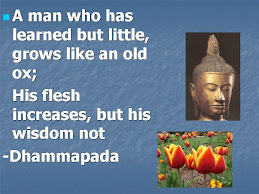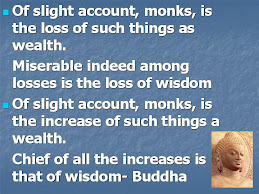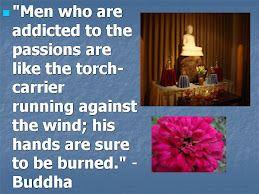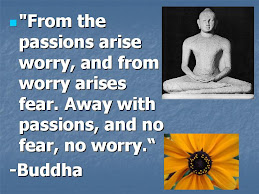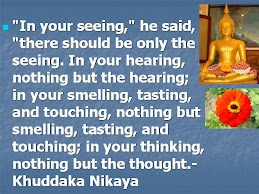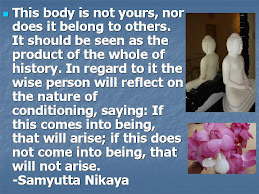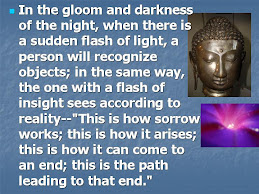
"What do you think, great king? There is the case where you have a war at hand, a battle imminent. A noble-warrior youth would come along — untrained, unpracticed, undisciplined, undrilled, fearful, terrified, cowardly, quick to flee. Would you take him on? Would you have any use for a man like that?"
"No, lord, I wouldn't take him on. I wouldn't have any use for a man like that."
"Then a brahman youth... a merchant youth... a laborer youth would come along — untrained, unpracticed, undisciplined, undrilled, fearful, terrified, cowardly, quick to flee. Would you take him on? Would you have any use for a man like that?"
"No, lord, I wouldn't take him on. I wouldn't have any use for a man like that."
"Now, what do you think, great king? There is the case where you have a war at hand, a battle imminent. A noble-warrior youth would come along — trained, practiced, disciplined, drilled, fearless, unterrified, not cowardly, not quick to flee. Would you take him on? Would you have any use for a man like that?"
"Yes, lord, I would take him on. I would have use for a man like that."
"Then a brahman youth... a merchant youth... a laborer youth would come along — trained, practiced, disciplined, drilled, fearless, unterrified, not cowardly, not quick to flee. Would you take him on? Would you have any use for a man like that?"
"Yes, lord, I would take him on. I would have use for a man like that."
"In the same way, great king. When someone has gone forth from the home life into homelessness — no matter from what clan — and he has abandoned five factors and is endowed with five, what is given to him bears great fruit.
"And which five factors* has he abandoned? He has abandoned sensual desire... ill will... sloth & drowsiness... restlessness & anxiety... uncertainty. These are the five factors he has abandoned. And with which five factors is he endowed? He is endowed with the aggregate of virtue of one beyond training... the aggregate of concentration of one beyond training... the aggregate of discernment of one beyond training... the aggregate of release of one beyond training... the aggregate of knowledge & vision of release of one beyond training. These are the five factors with which he is endowed.
"What is given to one who has abandoned five factors and is endowed with five factors in this way bears great fruit."
http://www.accesstoinsight.org/tipitaka/sn/sn03/sn03.024.than.html#warrior
*The five hindrances (see labels)













